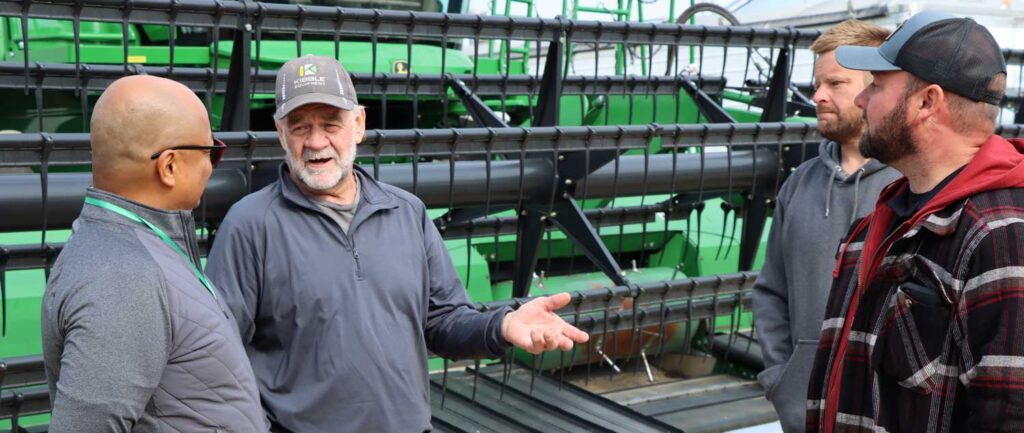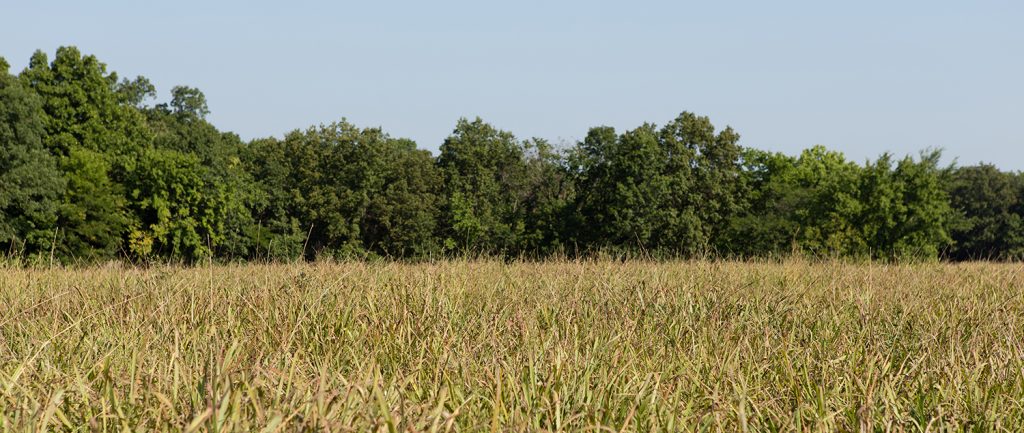The U.S. Department of Agriculture (USDA) has published the 90-Day Progress Report on Climate-Smart Agriculture and Forestry (PDF, 561 KB).
The report represents an important step toward in President Biden’s Executive Order on Tackling the Climate Crisis at Home and Abroad and shift towards a whole-of-department approach to climate solutions. The Order, signed Jan. 27, states that, “America’s farmers, ranchers, and forest landowners have an important role to play in combating the climate crisis and reducing greenhouse gas emissions, by sequestering carbon in soils, grasses, trees, and other vegetation and sourcing sustainable bioproducts and fuels.”
“With the right tools and partnerships, American agriculture and forestry can lead the world in solutions that will increase climate resilience, sequester carbon, enhance agricultural productivity, and maintain critical environmental benefits,” Agriculture Secretary Tom Vilsack said. “At this pivotal time, President Biden has called upon USDA to develop a strategy for climate smart agriculture and forestry as part of a whole-of-government effort to addressing the climate crisis. Central to USDA’s approach is the concept that to be effective, whatever we do must work for farmers, ranchers, and landowners.”
Under the Biden-Harris Administration, USDA is engaged in a whole-of-government effort to combat the climate crisis and conserve and protect our nation’s lands, biodiversity, and natural resources, including our soil, air and water. Through research, conservation practices and partnerships, USDA aims to find solutions to agricultural challenges, enhance economic growth and create new streams of income for farmers, ranchers, producers and private foresters. Successfully meeting these challenges will require USDA and our agencies to pursue a coordinated approach alongside USDA stakeholders, including state, local and tribal governments.
In the Biden-Harris Administration under Secretary Vilsack, USDA is committed to transforming America’s food system with a greater focus on more resilient local and regional food production, fairer markets for all producers, ensuring access to healthy and nutritious food in all communities, building new markets and streams of income for farmers and producers using climate smart food and forestry practices, making historic investments in infrastructure and clean energy capabilities in rural America, and committing to equity across the Department by removing systemic barriers and building a workforce more representative of America. To learn more, visit www.usda.gov.







